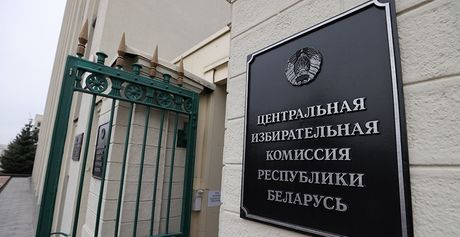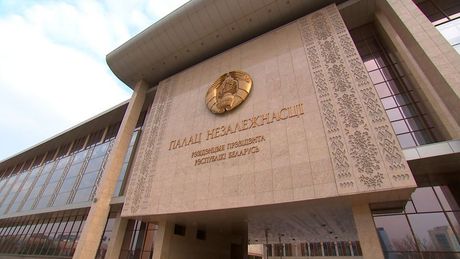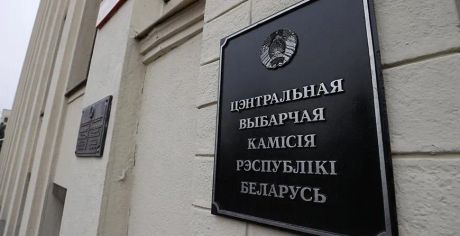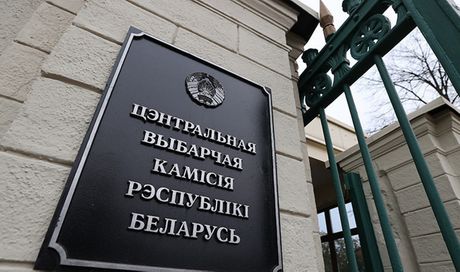Zas: Russia's proposals on security guarantees designed to reduce tensions near Belarus' borders
14:10, 27 December

Russia's proposals to the North Atlantic Alliance on security guarantees are designed to reduce tensions near the borders of Belarus, Secretary General of the Collective Security Treaty Organization (CSTO) Stanislav Zas said in an interview with the multimedia publication "Allies. CSTO", BelTA has learned.
- Share on Facebook
- Share on VK
- Share on Twitter
The secretary general expressed the concern over the growing tensions on the borders of the CSTO member states, including the intensification of attempts by the United States and European countries to exert pressure on the CSTO member states - Russia and Belarus. He stated that on the western borders of the CSTO's zone of responsibility, the situation is also far from stable. "We see a build-up of NATO's military infrastructure, including offensive troops, an increase in hostile rhetoric, new sanctions, dangerous provocations in the immediate vicinity of the borders of the CSTO member states," Stanislav Zas said. “These events are disturbing and, of course, we take note of them. Russia and Belarus are building up the capabilities of the regional group of forces, conducting joint exercises against to drill action a possible aggression. Strategic bombers of the Russian Aerospace Forces and fighters of the Belarusian Air Force have begun joint patrolling of the western borders of the CSTO. A number of other joint activities are also being carried out."
"I believe that Russia's proposals to the North Atlantic Alliance on security guarantees will reduce tensions in the Eastern European direction in the CSTO area of responsibility. No one wants a war," the CSTO secretary general said.
Stanislav Zas stressed that the CSTO, as an organization designed to protect peace and stability, has always opposed the politicization of international security issues. "There are a number of areas where, as we believe, cooperation between the CSTO and NATO would benefit both sides," he said. “First of all, this is the fight against drug trafficking and countering terrorism. Our organization, at the level of heads of state and foreign ministers, expressed its readiness to start a dialogue. But no reciprocal steps have been made. This leads to certain conclusions.”
When asked what, in his opinion, lies at the heart of such an approach of NATO, Stanislav Zas noted: "It seems that in some regions of the world they are beginning to forget about the lessons of world wars. I would like to remind you that preventing the attempts to falsify the history of the Great Patriotic War is one of the important political and moral tasks of our organization. I am convinced that it is the duty of mankind to remember not only the suffering of millions of people who died and went through the hell of war, but also the circumstances that caused it. This is a very cruel political lesson and to ignore it might turn catastrophic for the world. From this point of view, there is no rational explanation for the examples of political arrogance."






